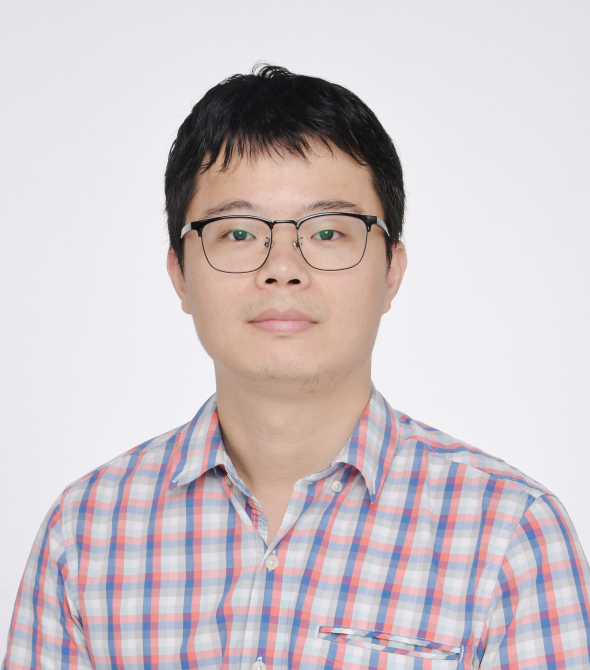
Shuai Zhong
PhD, Research Fellow
Email: zhongshuai@@gdiist.cn
Personal Profile
Dr. Zhong got his bachelor degree from Northwest Polytechnical University in 2009, master degree from Beihang University in 2014 and Ph.D. degree from Singapore University of Technology and Design (SUTD) in 2019. He then started the postdoctoral training in SUTD (2019-2020) and Tsinghua University (2020-2022). He has hosted/participated National Natural Science Foundation of China (Youth Program), China Postdoctoral Science Foundation, Science and Technology Innovation-2030 (China), MOE AcRF Tier 2 Grant (Singapore), A*STAR Public Section Funding (Singapore).
Research Interests:
Bio-inspired computing device and system, memristor, bioelectronics
Selected Publications:
1. S. Zhong, Y. Zhang. H. Zheng, F. W. Yu, R. Zhao, Spike-based Spatiotemporal Processing Enabled by Oscillation Neuron for Energy-Efficient Artificial Sensory Systems. Advanced Intelligent System. Advanced Intelligent Systems, 2200076 (2022)
2. S. Zhong, H.C. Wong, H.Y. Low, R. Zhao. Phototriggerable Transient Electronics via Fullerene-Mediated Degradation of Polymer:Fullerene Encapsulation Layer. ACS Applied Interface & Interfaces.13(1), 904 (2021)
3. S. Zhong, X. Ji, S. Hao, F. Liu, R. Zhao. A biodegradable artificial synapse implemented by foundry-compatible materials. Applied Physics Letters 117, 192105 (2020).
4. S. Zhong, X. Ji, Y. Zhou, Y. Zhang, A. Ye, R. Zhao. CMOS Compatible Transient Resistive Memory with Prolonged Lifetime. Advanced Materials Technologies, 4, 1900217 (2019)
5. S. Zhong, X., Ji, L. Song, Y. Zhang, R. Zhao. Enabling Transient electronics with degradation on demand via Light-responsive Encapsulation of Hydrogel/oxide bilayer. ACS Applied Interface & Interfaces. 10(42), (2018).
6. S. Zhong, Y. Cui. Metal and annealing atmospheres dependence of resistive switching in metal/Nb0.7wt%-SrTiO3 interfaces. Current Applied Physics 13(5):913–918, (2013)
7. S. Zhong, S. Duan, Y. Cui. Electrode dependence of resistive switching in Au/Ni-Au nanoparticle devices. RSC Advances 4(77), (2014)


